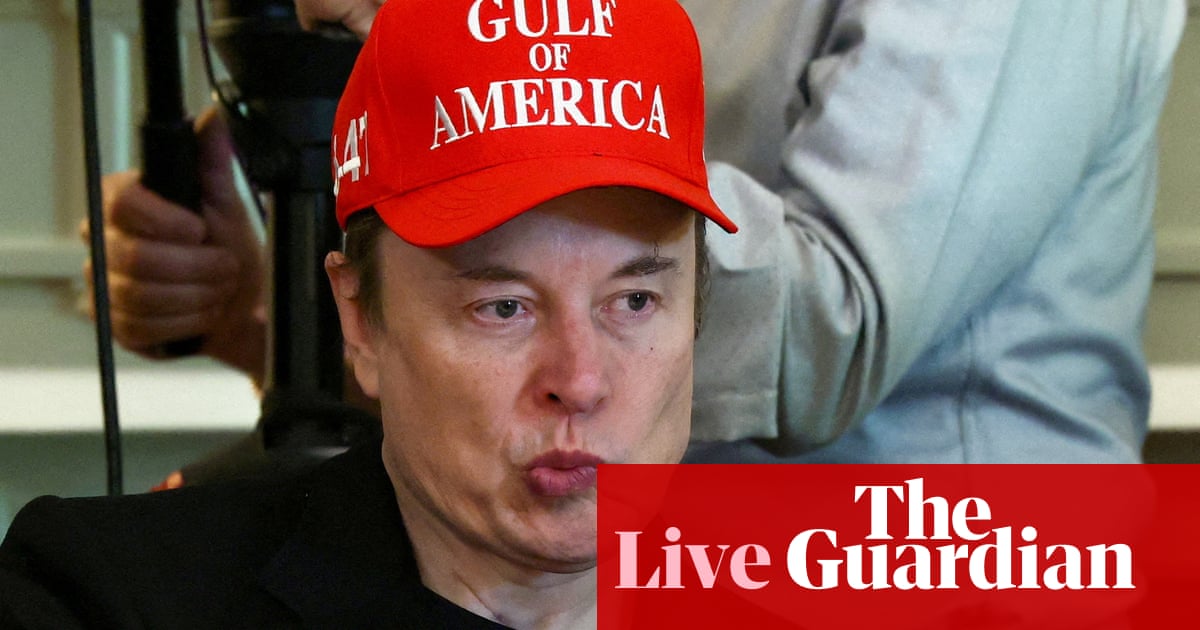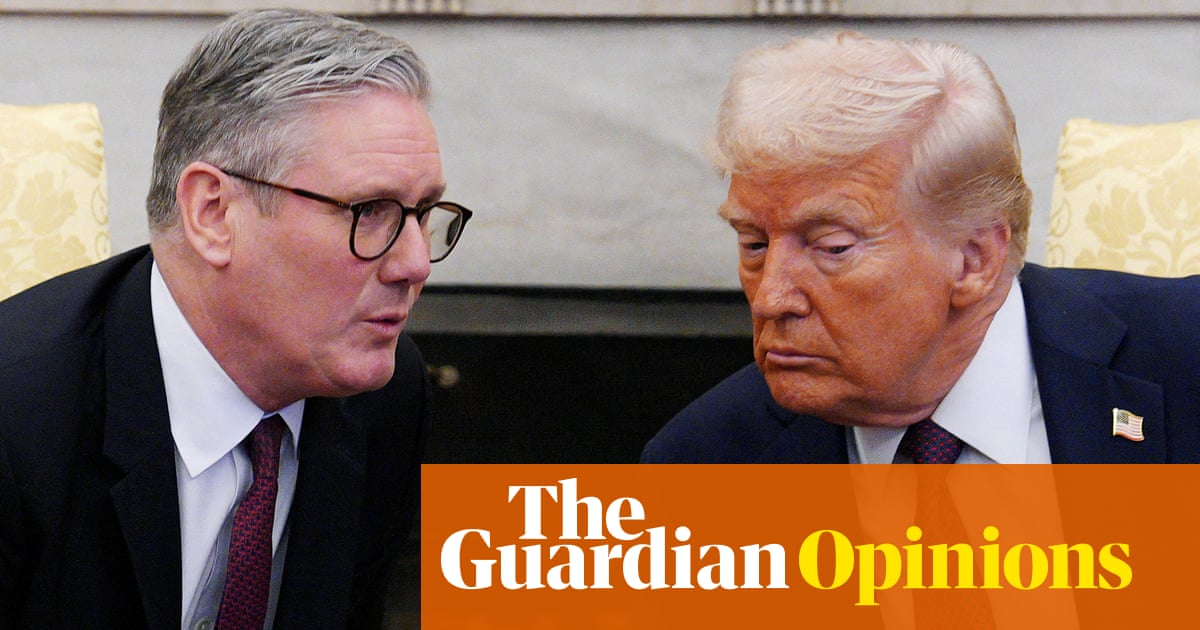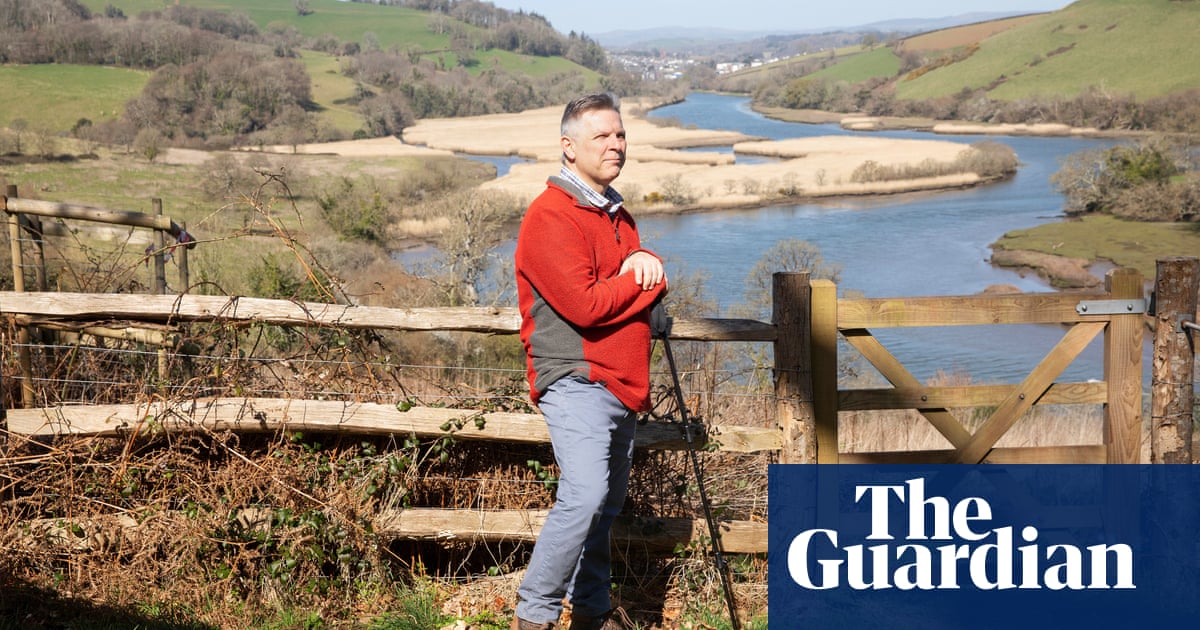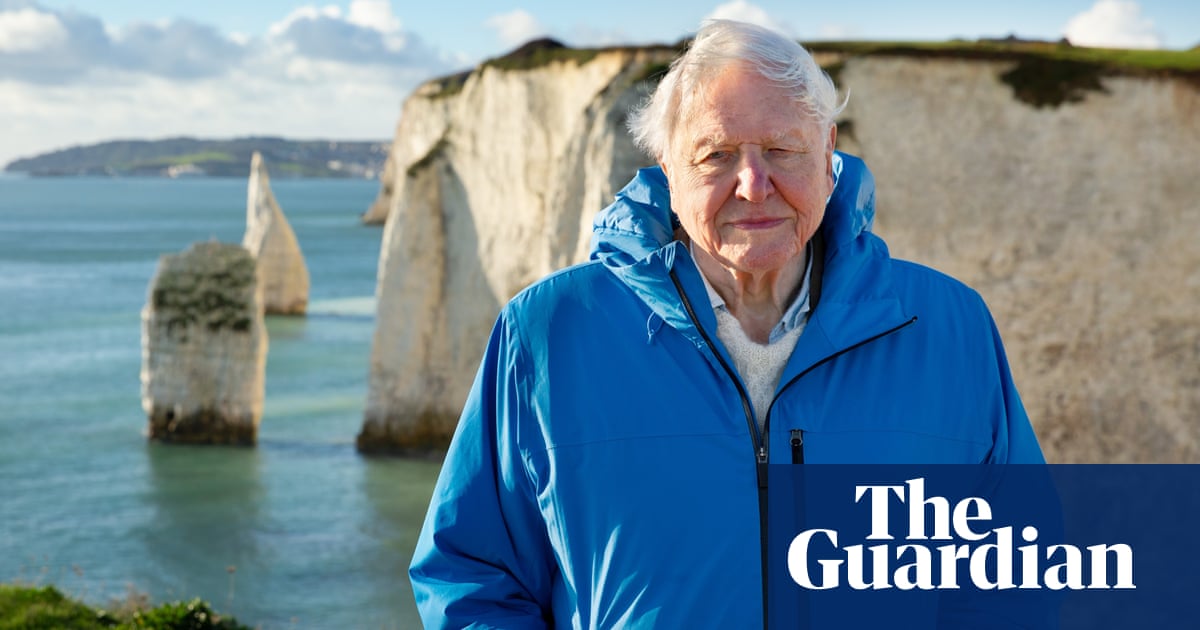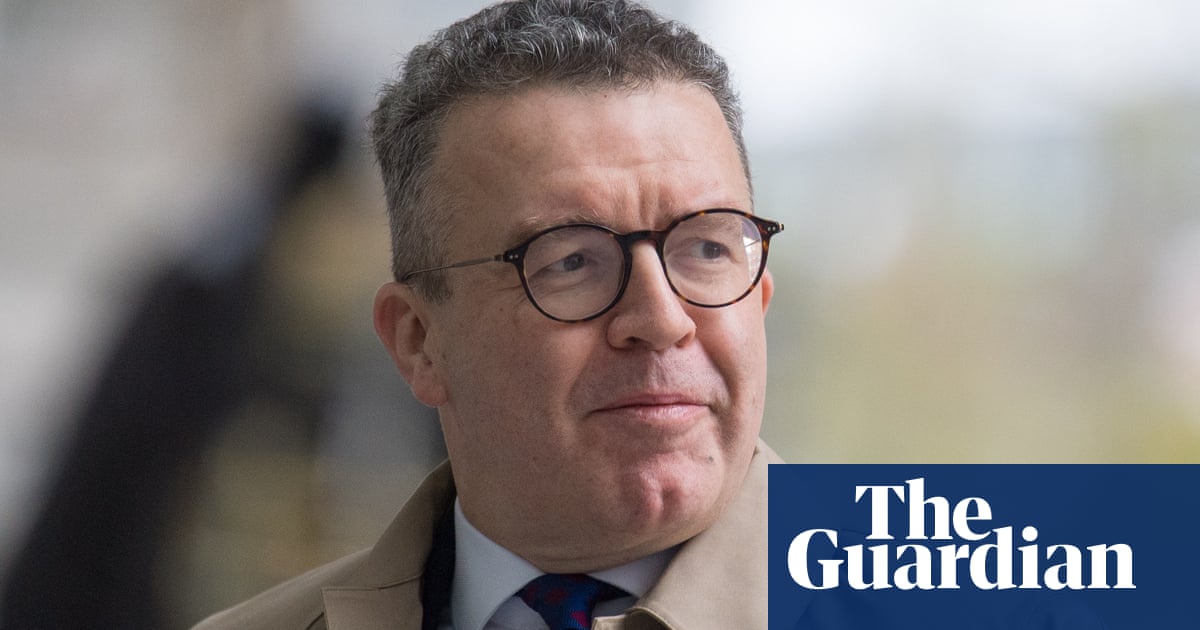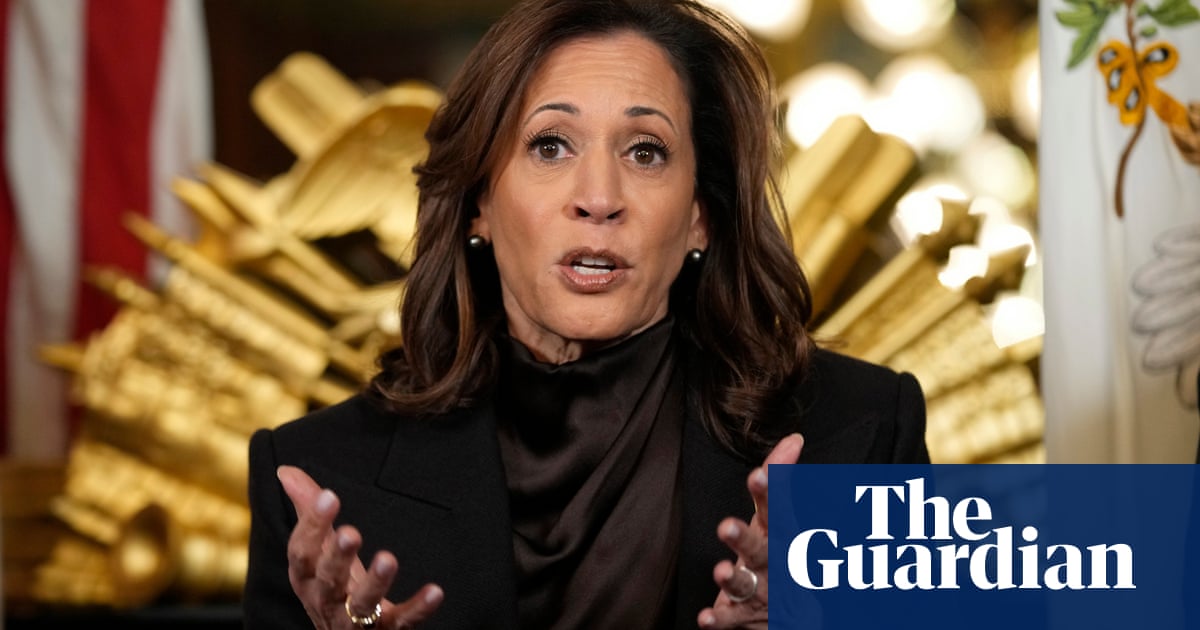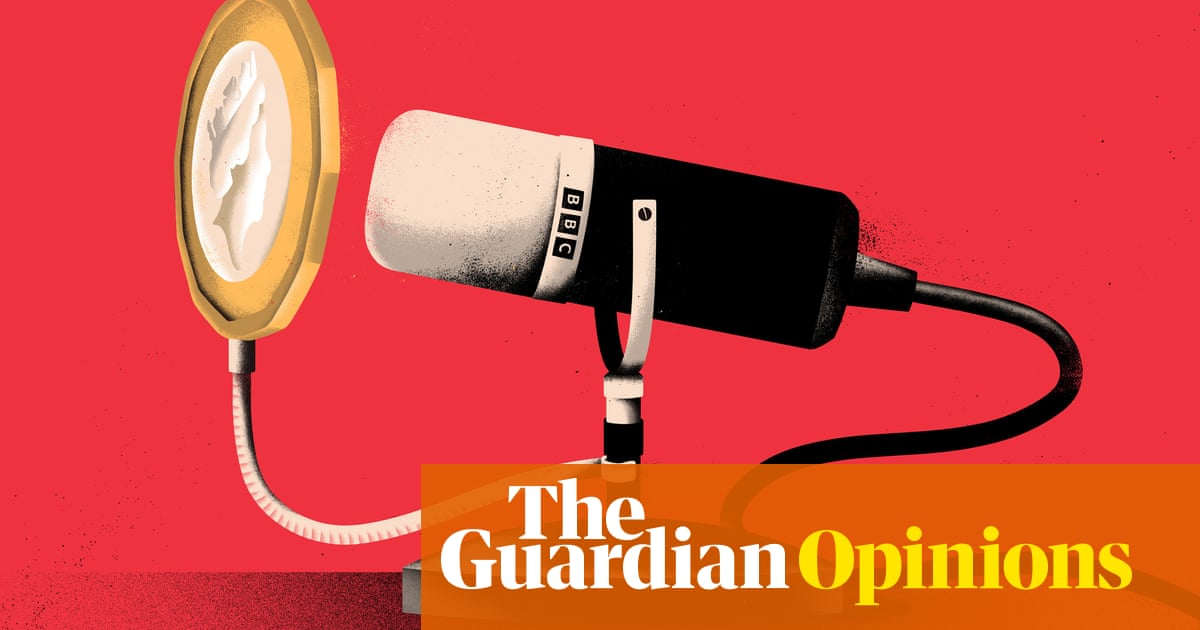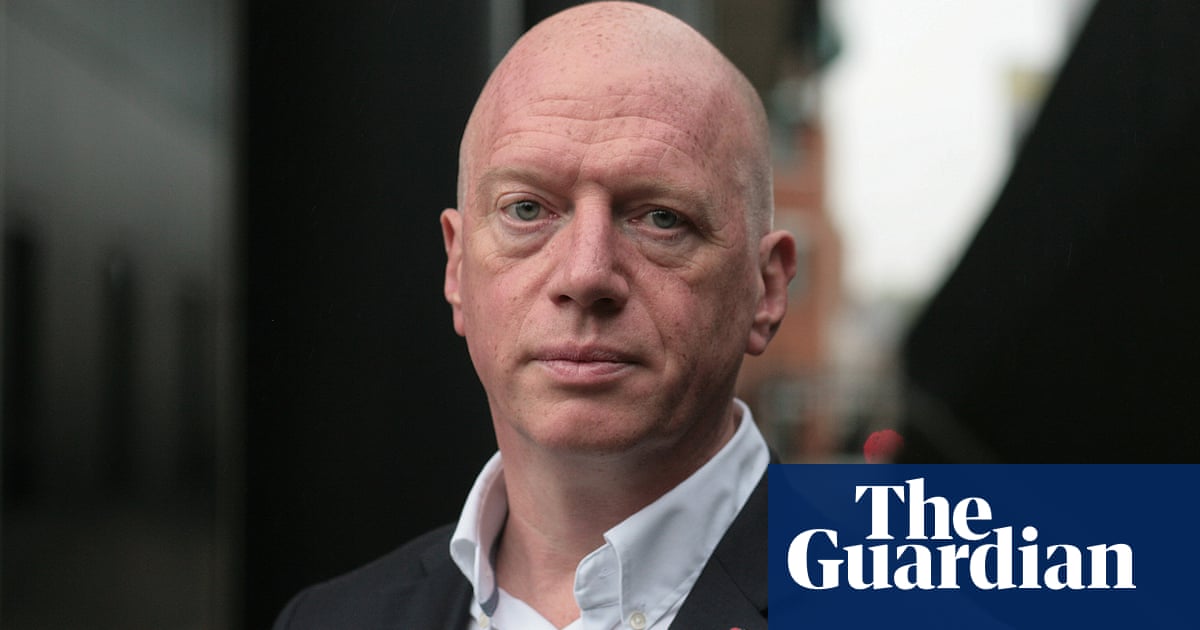Ugandan opposition politicians have accused the president, Yoweri Museveni, of attempting to quash dissent by prosecuting opponents on politically motivated charges in military courts in the run-up to presidential and legislative elections next year.
The government is pushing to introduce a law to allow military tribunals to try civilians despite a supreme court ban on the practice.
In November, the opposition politician Kizza Besigye was detained in Nairobi, Kenya, alongside his aide Obeid Lutale and taken to Kampala where they were charged before a military tribunal with offences including illegal possession of firearms, threatening national security, and later treachery, which carries the death penalty. His lawyers say the charges are politically motivated.
Besigye, a four-time presidential candidate and longtime opponent of Museveni, is one of more than 1,000 civilians, including activists and other politicians, who have been charged in military courts since 2002.
In January, Uganda’s supreme court ruled that trying civilians in military courts was unconstitutional and ordered the transfer of trials involving civilians to ordinary courts. Museveni rejected the ruling as the “wrong decision” and vowed to continue using military courts.
After a 10-day hunger strike by Besigye in February, authorities moved his trial to a civilian court. But the Uganda Law Society says the government has not transferred other people’s cases.
In the latest twist, the government is planning to introduce a law to allow military tribunals to try civilians for some offences. Norbert Mao, the minister for justice and constitutional affairs, told parliament on 17 April that the draft legislation was awaiting cabinet approval before introduction in parliament.
Paul Mwiru, a politician with Bobi Wine’s National Unity Platform party, said Museveni’s administration was using state institutions to instil fear and had “made the judicial system to be inclined” in its favour.
Mwiru, a former MP, was charged in a civilian court with treason in 2018 alongside Wine and 31 other people for allegedly throwing stones at Museveni’s motorcade during chaos at a byelection campaign. Mwiru said people who went through botched court processes “come back weakened”. Their case was adjourned indefinitely after about two years.
He said amending the law to allow military prosecution of civilians would allow the government “to charge you and arraign you in the court if they have a disagreement with you”.

Uganda will go to the polls in January 2026 in what will be a seventh election featuring Museveni.
The events of the past few months have turned the spotlight on what critics deem intolerance and authoritarianism by Museveni’s administration and ignited fears of an election that may not be free and fair. “Sooner rather than later, they’ll be able to arrest any of us. If they want to deny you the opportunity to participate in the electoral process, they can do that,” said Mwiru, who plans to contest for a parliamentary seat again next year.
November was not the first time Besigye, a former army colonel, had been tried in a military court. In 2005, four years after retiring from the military and running for the first time as a presidential candidate, he was charged with terrorism and possession of firearms.
Other civilians who have been prosecuted in military courts include Wine, the musician-turned-politician who has said he will stand again next year, former opposition MP Michael Kabaziguruka and Besigye’s lawyer Eron Kiiza. The list also includes opposition supporters, as well as other political opponents and government critics.
Critics say repression extends to civilian courts too, with dissidents and government critics charged there being subjected to lengthy trials, denial of bail and detentions without trial. Besigye and Lutale were this month denied bail for their case. They remain in custody.
Government and military spokespeople have been approached for comment. Museveni has repeatedly defended using military courts for civilians, saying it was necessary for the east African country’s peace and stability. He claims civilian courts were failing to convict those accused of violent crimes.
after newsletter promotion
Trials of civilians in military court go back to 2002 when Museveni created an autonomous, ad-hoc law enforcement unit to combat armed crime in reaction to the alleged failure of the civilian judicial system to prosecute and punish crimes. Later, in 2005, the state amended legislation regulating the military to create a legal framework to allow the military to court martial civilians.

Human rights activists say the practice is unjust and unlawful and frequently violates the right of accused people to a fair trial.
In many instances over the years, Ugandan courts have ruled against the practice, but the process has continued. The latest ruling by the supreme court, arising from Kabaziguruka’s challenge of his trial in military court in 2016, is a litmus test.
The government is fighting back with the planned introduction of the draft law that Mao, the justice minister, told lawmakers would define “exceptional circumstances under which a civilian may be subject to military law”.
Museveni became president in 1986 after leading rebels in a six-year guerilla war to remove President Milton Obote. He led the country to economic growth and democratic change after years of political decay.
But critics say judicial independence has eroded in the country over the years. They have also condemned his long stay in office using what they say are strongman tactics to extend it indefinitely, including by amending the constitution twice to remain in power.
The Museveni administration’s military roots influence the government’s operations, said Gerald Walulya, a senior lecturer at Makerere University in Kampala and a political analyst. “Because of their background as a government that came to power through a military kind of route, they tend to approach every aspect in a military manner,” he said.
Mwambutsya Ndebesa, a historian, said Uganda was experiencing “the curse of liberation”, which he said made leaders feel entitled to power. “Those who have liberated people from repressive regimes in Africa have taken it upon themselves that they are entitled to rule,” he said.
Ndebesa said the administration was “weaponising the justice system for political ends” to suppress political dissent, and that suppression had a “chilling effect” of creating fear in the political space.
“The purpose is not only to suppress that very individual, but also to send a message to the political sphere.” he added.

 4 hours ago
8
4 hours ago
8
